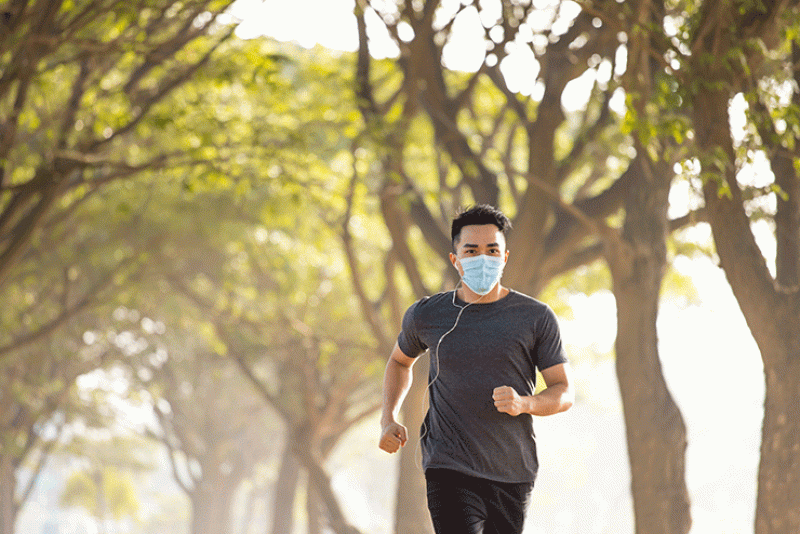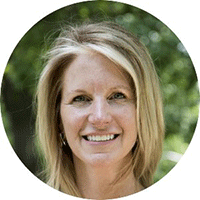
Distinguished Lecturer: Green Spaces are Essential to Good Health
Research has shown that leisure time physical activity in outdoor spaces has more positive health benefits than physical activity done indoors. Fully one-third of the U.S. population, however, has no access to green spaces, nor to the associated health benefits.
 These were among the findings shared during the 2022 AHS Distinguished Lecturer presentation given by Dr. Ingrid Schneider, professor and eminent scholar of recreation and tourism in the Department of Forest Resources at the University of Minnesota.
These were among the findings shared during the 2022 AHS Distinguished Lecturer presentation given by Dr. Ingrid Schneider, professor and eminent scholar of recreation and tourism in the Department of Forest Resources at the University of Minnesota.
Leisure time physical activity increases the immune response to viral respiratory infections. Dr. Schneider cited a study of 60,000 South Africans which found that those who exercised more had fewer hospitalizations with COVID, fewer intensive care admissions, less frequently required ventilators, and less frequently died.
“Nearly a decade ago, the America Public Health Association prioritized access to green spaces, emphasizing the need for safe, walkable communities and green spaces to promote an active lifestyle across the lifespan,” she said.
While the use of green spaces such as parks and trails has increased through the ebbs and flows of COVID-19, the ongoing pandemic also served to accentuate and compound issues of inequality.
“Communities of lower socioeconomic status and minority communities have less access to green spaces and tend to have lower quality parks,” Dr. Schneider said. “People of color are overrepresented in neighborhoods with lack of access to green space and live further from safe green space.”
The COVID pandemic has heightened awareness that racism is a public health threat. Prior to the pandemic, local officials viewed parks and recreation spending as discretionary. Those calling for green space have never been louder, more diverse, or more perfectly positioned, Dr. Schneider said.
“Collective planning and policy can amplify those voices for green spaces as critical infrastructure and contributors to health and well-being,” she said. “We can’t wait another decade, we can’t wait another year, we really can’t wait another day to address the inequities in systemic health.”
The severity of COVID’s impact on black communities was a predictable result of structural and social reality. Cities cannot be fixed, Dr. Schneider said, if we don’t insist on dismantling racial, economic, and environmental inequities.
“Green space is an essential part of healthy, resilient, and vibrant communities,” she said. “Given the evidence of the health benefits of green space, withholding access to them for a third of U.S. residents is simply unacceptable and unjust.”
